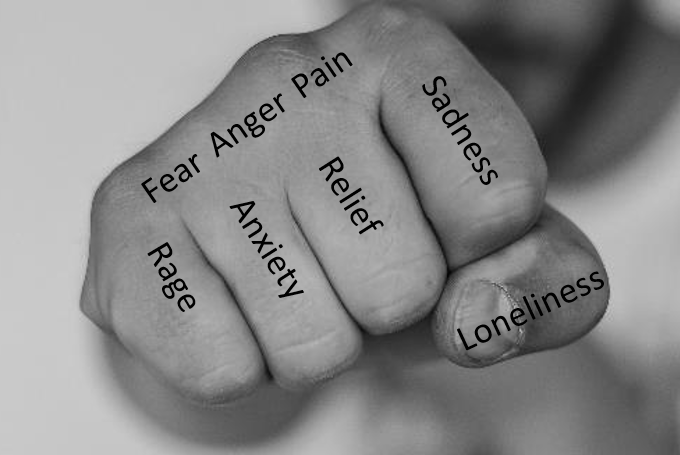Relationships are not easy. A divorce relationship with children is probably one of the most difficult relationships that exist. Not only did the divorce happen in a public forum, family court, but the children are unknowingly catapulted into a world that’s ready to feast on their every vulnerability from the experience. The person that files for divorce does not have this insight beforehand, because the person that files is thinking only about their own circumstances and how the divorce will be an instant solution to whatever is going on in their relationship. There are countless resources that falsely explain that divorce can be better for the children, because the children won’t be exposed to as much conflict or the children will be shielded from the parental relationship problems or co-parenting strategies minimize the effects of divorce for children. Yada, yada, yada. The ONLY scenario where it’s better for the children is when there is abuse; however if there is no probable cause against the perpetrator, there’s no guarantee of protection. Any other excuse for the divorce being better for the children comes from rationalization which softens the blow of truth.
It’s a fact, relationships aren’t easy. The people who’ve mastered relationships are good at recovery. The people that have broken relationships struggle to master recovery. Any relationship without some level of conflict isn’t an example of a real relationship with real people. Every person that starts a relationship has a point of reference. Often the point of reference can get lost if you track the point of reference back to childhood. When people experience extreme circumstances they often block it out; who wants to be reminded of bad memories? Human brains don’t, at least not intentionally. In some cases this blocking of memories is defined by psychologists as Dis-associative Amnesia. These bad memories shape how you operate under stress and how you relate to others. When you divorce with children, you are placing them into this dangerous arena. Their brains are chemically changed during a divorce, because they are forced to experience ADULT emotions and deal with ADULT problems. Divorce emotions are a thing to be reckoned with as ADULTS; most ADULTS can’t handle the emotions much less children.
It’s a fact, by divorcing you’re making it that much harder for your children to navigate relationships, plus facilitating a number of side effects. Children that grew up with parents that kept things behind closed doors struggle immensely with conflict resolution as adults. Children in a divorce struggle with the same thing! Children learn by watching, hearing and experiencing. Stripping your children of your relationship takes this opportunity away from them and maybe they will eventually see healthy conflict resolution if someone remarries and STAYS MARRIED; however, the statistics don’t look good for second marriages.
It’s a fact, there is NO WAY to shelter your kids from the divorce storm. There are helpful resources like counseling, communication strategies and so on; however these are no substitute for a loving relationship between the people that your children love the most – you and your spouse. Finding a good qualified counselor is critical. If you don’t see results from going to counseling within the first month, find someone else. Find a counselor that is educated in the Gottman principles of relationships. If you’re considering divorce, but haven’t taken the plunge; please consider counseling. Take it seriously. Act as though the counseling is the next step in a business deal, career advancement, self-actualization discovery, living life to the fullest, whatever it may be. Be an active participant, instead of a spectator – you won’t regret it.
I have two children and I’m facing this Wild West court system alone. If you read or get ideas from my original content please donate any amount on PayPal and send money to info@fyidivorce.com.
Thanks for supporting an unbiased divorce opinion blog at FYIDivorce.com






